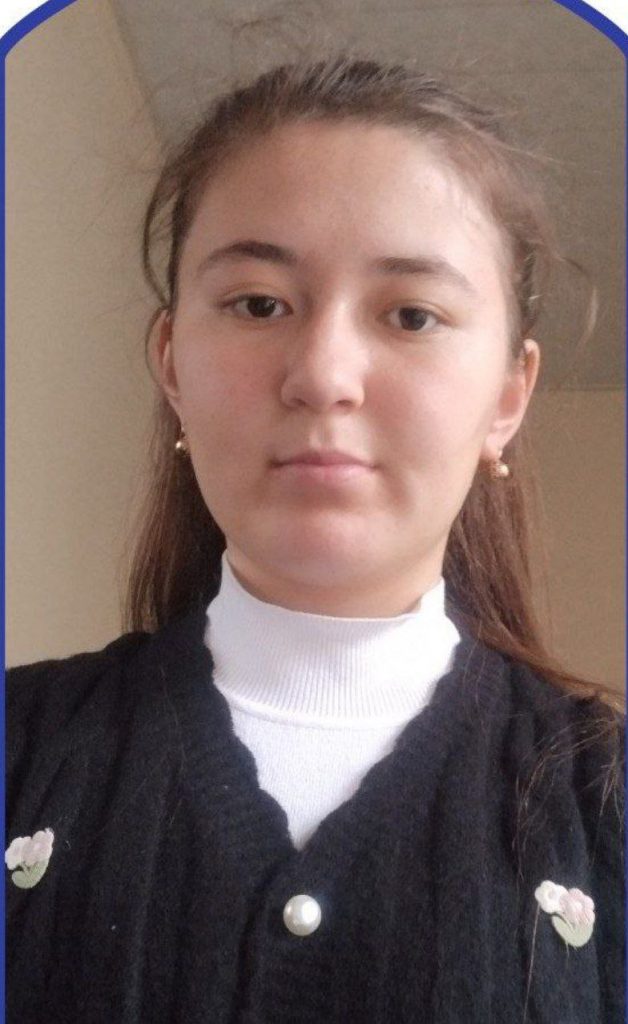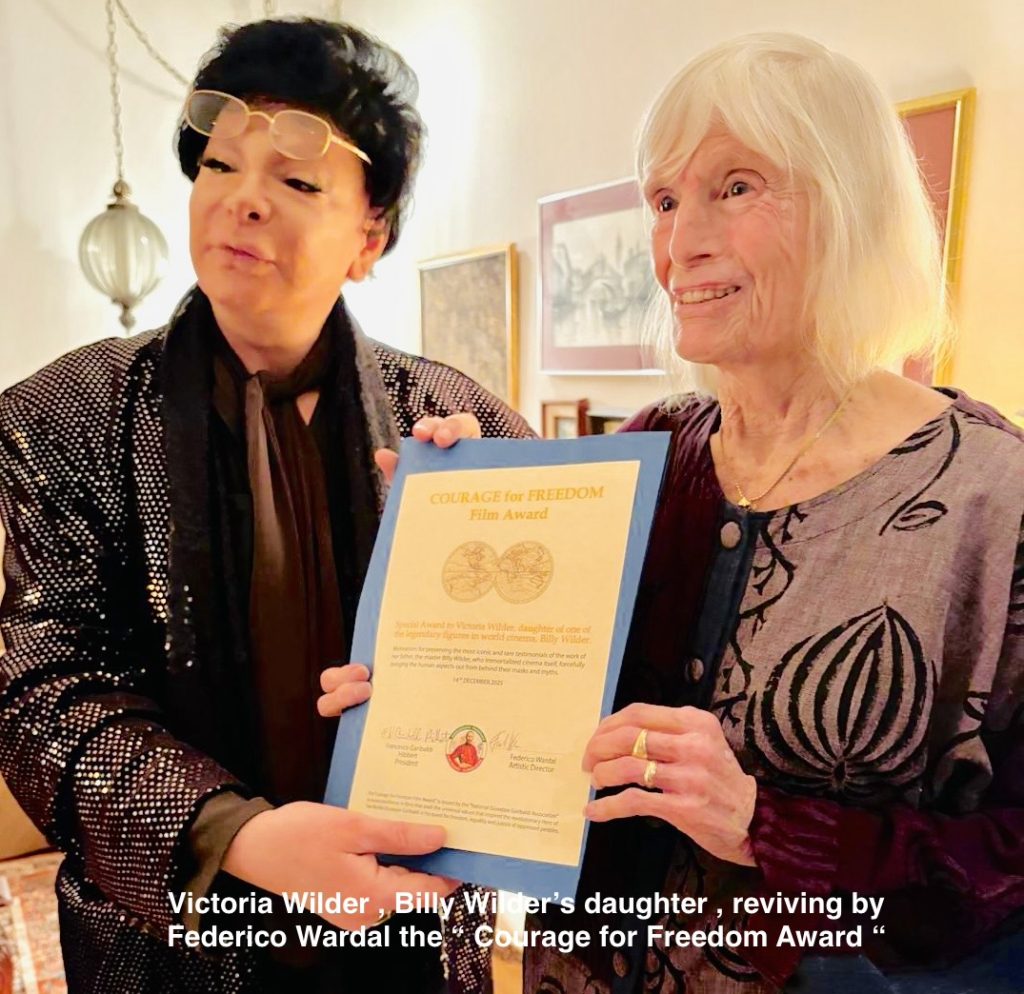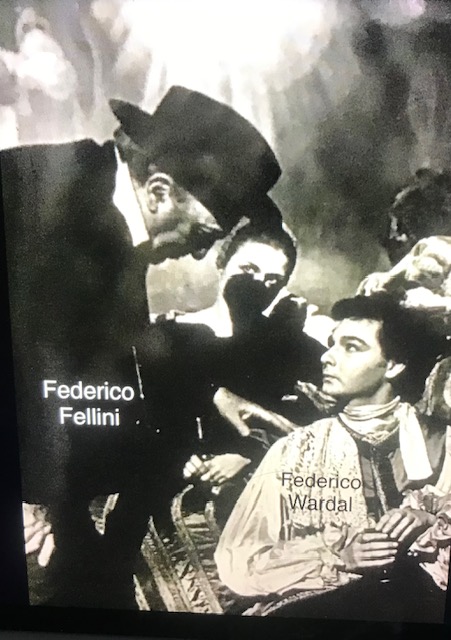Introduction
This article analyzes the impact of migration on culture from the perspectives of personal identity, cultural adaptation, and transformation. Migration is not only a geographical phenomenon but also a process that leads to significant changes in cultural space. This research examines cultural hybridity and individuals’
understanding of their cultural identity within the context of migration.
The article is based on a theoretical analysis conducted at the intersection of cultural studies and the social sciences.
In today’s technology-driven world, migration has become a global tendency. Economic inequality, political instability, and opportunities for education and employment are among the main factors that
motivate people to move from one region to another. When migrants settle in a new place, they bring their traditional customs, language, and mentality with them. As a result, intercultural interaction and
mutual cultural influence increase.
Sociological and Cultural Background
In sociology and cultural studies, migration is defined as the permanent or temporary relocation of people. Culture encompasses historical experience, customs, language, art, and other social conditions of a society. Therefore, migration is an indispensable part of social life and cultural development. Cultural scholars argue that migrants initially attempt to preserve their original culture; however, over time, they gradually adopt elements of the host culture. Migration also influences individuals’ self- perception. Migrants living in a new cultural environment often face the question, “Who am I?” This situation triggers the reconstruction of cultural identity.
Cultural Adaptation and Identity
Migrants are required to adapt to new cultural norms while simultaneously striving to preserve their traditional, religious, or linguistic identities. This dual process contributes to cultural development and transformation. As a result of migration, cultural hybridity emerges. Cultural hybridity manifests itself in language use, clothing styles, and everyday practices. For example, in regions with migrant populations, new festivals, as well as literary and musical forms, may develop. Traditional values are often reinterpreted within the context of migration.
Globalization and Migration
Globalization is one of the main factors that accelerates migration. Advances in information technologies and transportation systems strengthen intercultural connections. Globalization provides practical
conditions for migration; however, a major challenge in the globalized world is the preservation of cultural identity.
Conclusion
Migration is a process that exerts a profound and multifaceted influence on culture in contemporary society. It leads to the reshaping of personal identity as well as to cultural hybridity and transformation.
While migration intensifies intercultural interaction and enriches societies culturally, it also creates challenges related to cultural adaptation and identity preservation. Therefore, a thorough examination of these issues is essential for ensuring intercultural harmony in the future.








